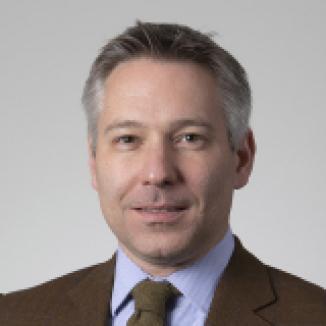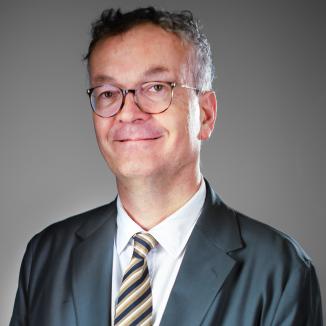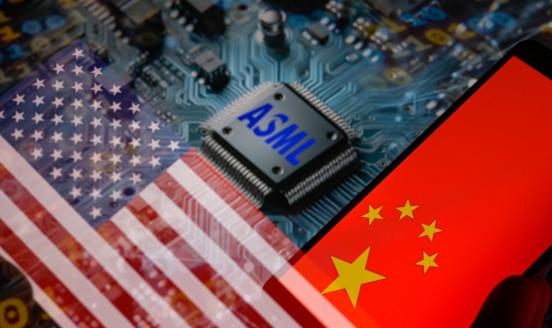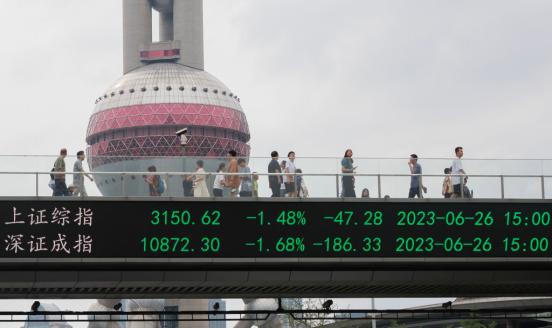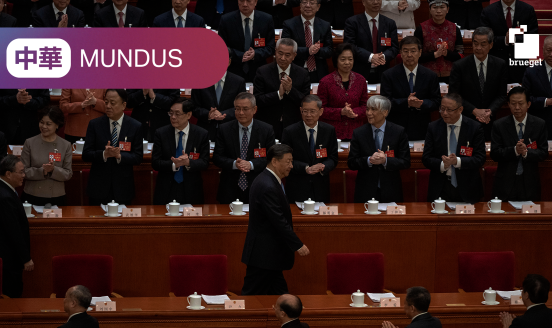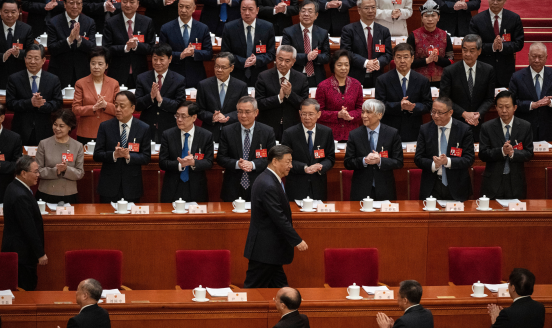Will the Renminbi become an international currency? Policy issues for the European Union
Invitation-only event organised in the frame of the China Horizons project
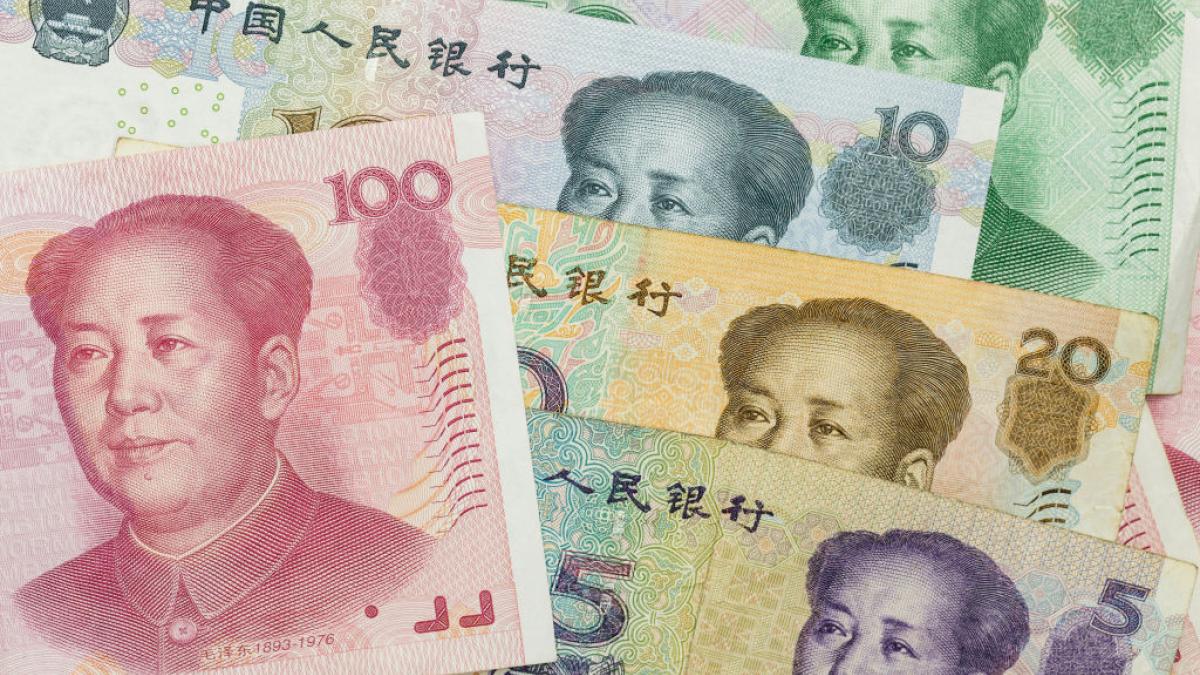
Speakers
Alessia Amighini
Non-resident fellow
Annika Eriksgård
Director for international economic and financial relations, global governance, European Commission, DG ECFIN
Maurizio Habib
Team Lead - Economist, International Policy Analysis, European Central Bank
Gergely Hudecz
Principal Economist, Economics and Market Analysis, European Stability Mechanism
Iikka Korhonen
Head, Bank of Finland Institute for Emerging Economies (BOFIT)
Agenda
Check-in and welcome coffee
15:30-16:00Agenda
Opening remarks
16:00-16:10- Jeromin Zettelmeyer, Director
Agenda
Presentation
16:10-16:25Agenda
Comments by lead discussants
16:25-16:50- Alessia Amighini, Non-resident fellow
- Gergely Hudecz, Principal Economist, Economics and Market Analysis, European Stability Mechanism
- Iikka Korhonen, Head, Bank of Finland Institute for Emerging Economies (BOFIT)
- Maurizio Habib, Team Lead - Economist, International Policy Analysis, European Central Bank
Agenda
Concluding remarks
17:20-17:30- Annika Eriksgård, Director for international economic and financial relations, global governance, European Commission, DG ECFIN
Since 2010, China has been trying to promote the use of the Renminbi (RMB) as international currency. Strategies have changed over time. From one based on off-shore centres, mainly Hong Kong, the current push is centred on shifting trade settlements into RMB, especially those for major commodities, including oil. China’s increasingly large economic size and trade war clearly helps as well as China’s leadership in the Global South. In this closed-door round table, we aim at discussing the extent to which the RMB is advancing as an international currency, the main drivers of such advance and what to expect going forward. Finally, we will be also look into the implications for the euro and the European Union in general.
This is an output of China Horizons, Bruegel's contribution in the project Dealing with a resurgent China (DWARC). This project has received funding from the European Union’s HORIZON Research and Innovation Actions under grant agreement No. 101061700.




